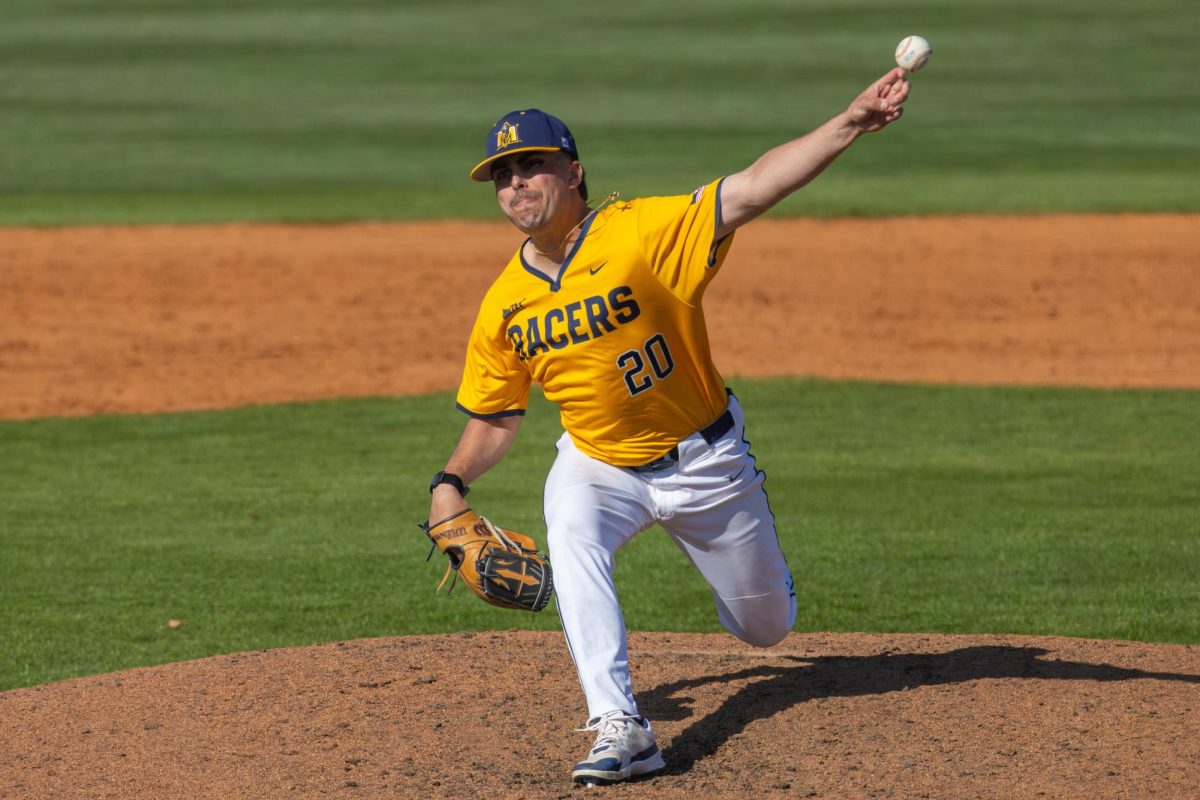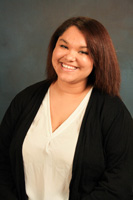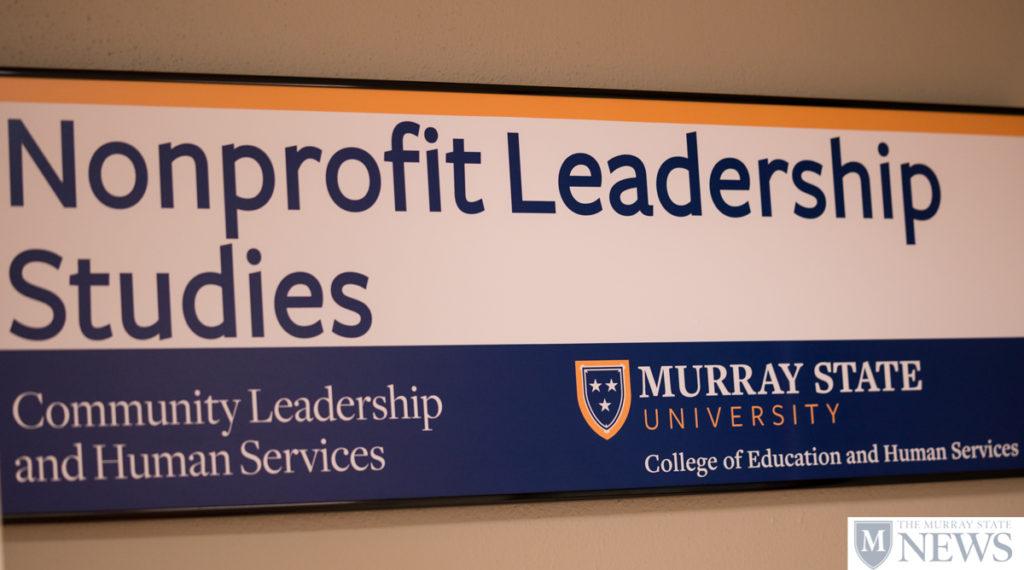Column by Brianna Willis, Assistant Features Editor
Next December, I will be graduating with a Bachelor of Arts in history. I would like to preface the rest of this column by saying first and foremost, thank you. Thank you to every teacher, regardless of subject matter, who ever took an interest in me and pushed me to be better. Thank you to my parents and my friends, who, at this point, I consider family.
It has been brought to my attention that recently the Kentucky lieutenant governor said, “I would not be studying history, unless I have a job lined up.”
“Surely she didn’t mean this,” I thought to myself when I first heard the news. It was true, and as she sought to clarify her statements, she perhaps made it worse.
Fascinating Lt. Gov. Jenean Hampton, tell me more. Please tell me more about how little you know about what it takes, and what it means, to earn a degree in history.
What it sounds like to me is that she, and others, don’t truly understand what it means to have a history degree. A common conversation starter from others, “What’s your major?” usually leads to a grimace when I tell them proudly and confidently, “History.” This is also always followed by “So, you want to teach?”
It is comical because I do, in fact, want to teach high school history after graduating. I also want to write books. I want to go to law school. Teaching is an admirable career path, one I plan to follow at least for a while. This does not mean that the assumption historians are only good at educating the general public is a valid one. History majors are more diverse and varied in their interests and it is utterly disrespectful to assume we are all the same and all want to enter the same career.
Did you know that Theodore Roosevelt, Woodrow Wilson, Franklin D. Roosevelt, John F. Kennedy, Richard Nixon, George W. Bush and Dwight Eisenhower were all history majors?
Earning a degree in history allowed me to study abroad in Rwanda. I learned about things many average Americans know little to nothing about and empathized with people from a culture I never encountered before.
Earning a degree in history taught me to analyze, to read, to write and to broaden my understanding of the complexities that exist in our world. I have learned about war and how it operates, foreign governments, international economies and influences on our own constitution.
Earning a degree in history expanded my horizons. History has taught me empathy, moved me to tears, made me stronger and given me the tools required to enter the job market. I am capable of analyzing data, writing well and explaining myself thoroughly. In general, I have a good grasp on the history that came before me and will be made and written by me and the many other history majors that exist.
My friends will be graduating with degrees in majors ranging from journalism, nonprofit leadership, nursing and English. We are all bright, strong and equipped for the job market. I am not saying this to shame those in science fields; rather, to say whatever you major in, you matter. Sciences matter, and so do the humanities. I am tired of the disrespect.
History isn’t dead. It is living, breathing and ever-changing. As time moves on, we can look to the past to understand our present and perhaps predict the future. History is being made by you, your family, your nation and the world. It continues to evolve even as I am writing this. So don’t dismiss a history major– they just might be your next president.































































































